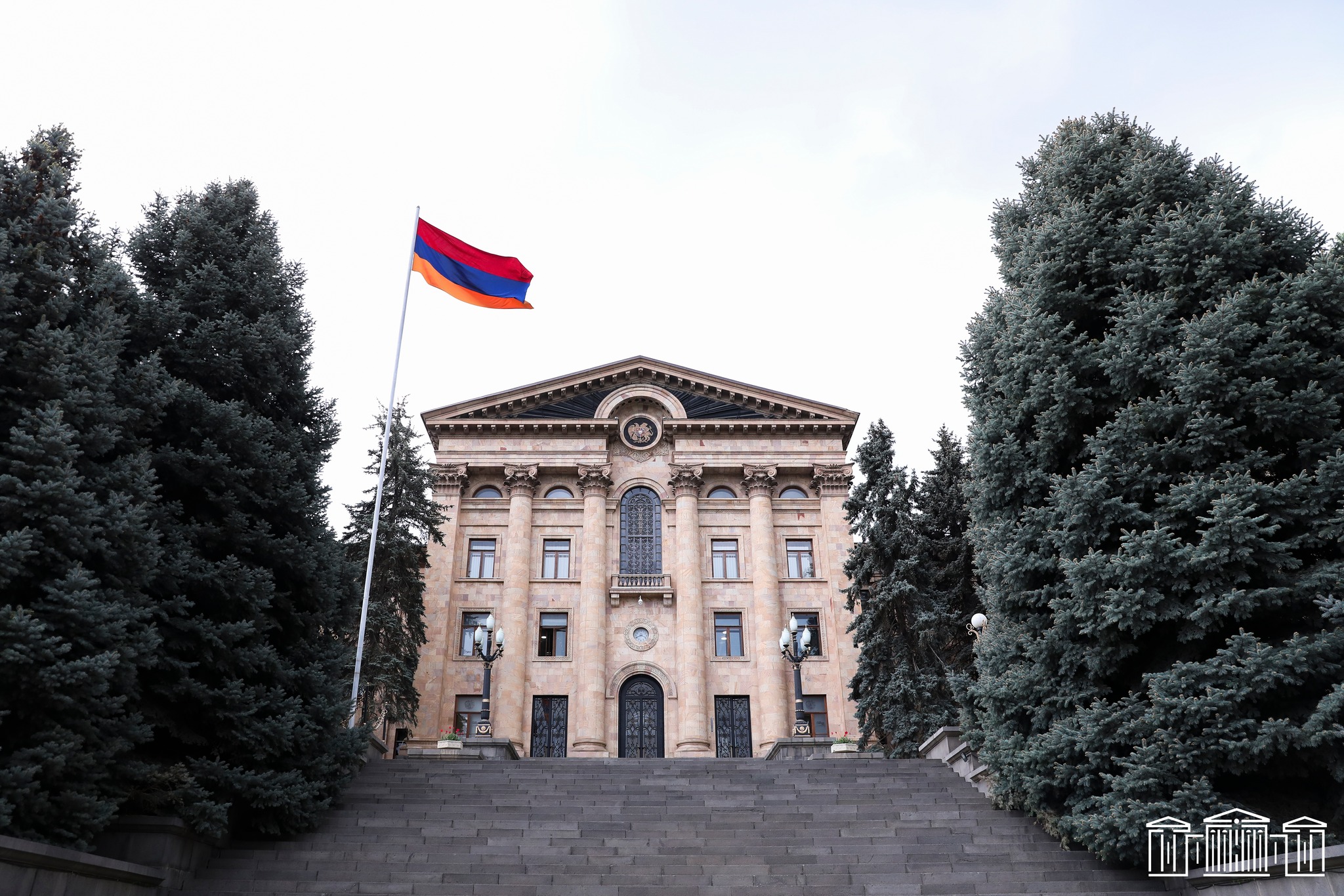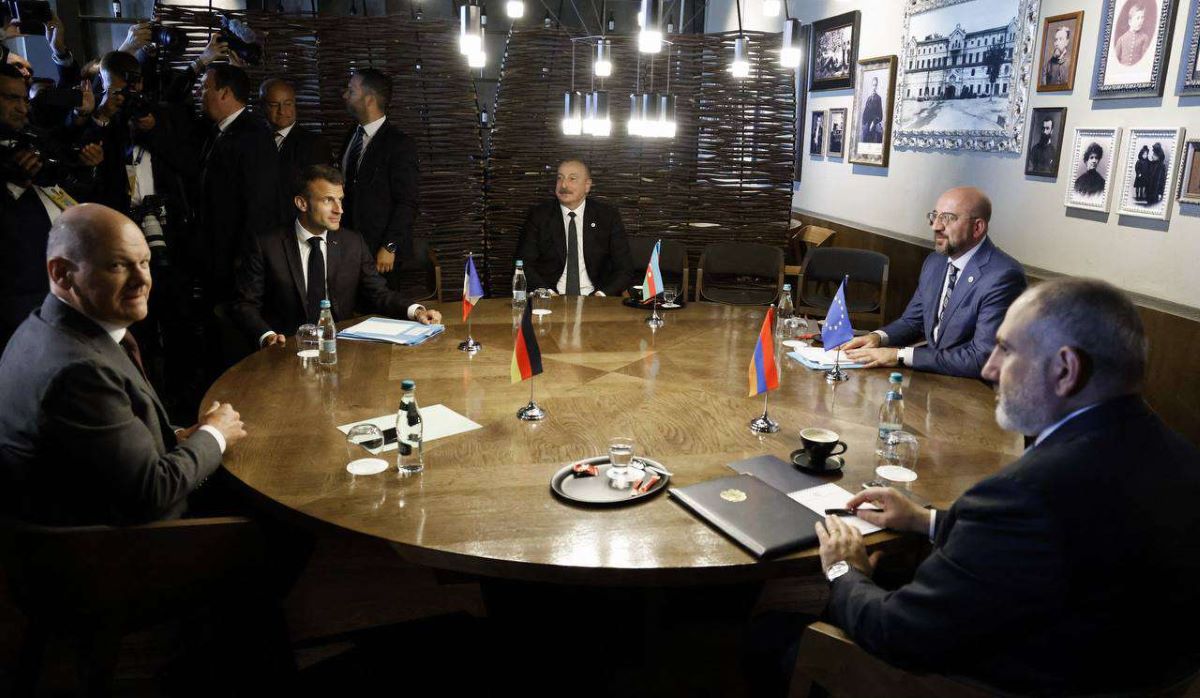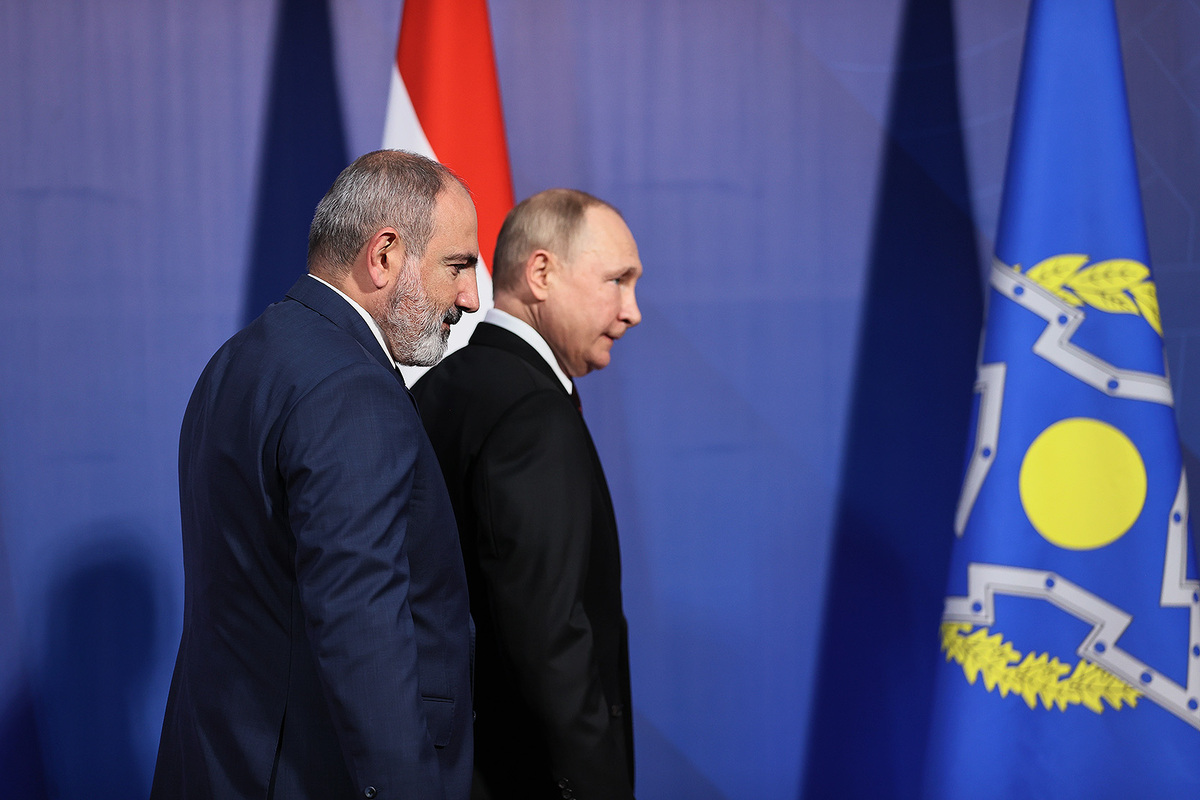Peter Stano: "The EU can assist Armenia, but it will not impose solutions"
Peter Stano on Armenia-EU cooperation
“Armenia has made significant progress in drawing closer to the European Union, but there are still unresolved issues,” stated Peter Stano, the spokesperson for foreign affairs and security policy at the European Commission, in an interview with Radio Free Europe/Radio Liberty. According to him, the nature of the relationship depends not only on Brussels or Yerevan but also on “how far the parties are willing to go” to strengthen cooperation.
“The recent trilateral meeting in Brussels between the US, EU, and Armenia proves that we are coming closer together. And this is based on the determination of all parties,” he emphasized.
Regarding the much-discussed issue in Armenia of possible assistance from the EU in the security sphere, Stano stated that this direction is at the center of attention of EU countries:
“Discussions on assistance within the framework of the European Peace Fund are ongoing, and at some point, a decision will be made. But processes in the EU take time, considering that there must be consensus among all 27 member states.“
- “Russia abandoned us at the most critical moment,” said the speaker of the Armenian Parliament
- Why did Russian border guards not let EU observers get to the Armenian border?
- “EU-Armenia relations are currently stronger than ever”- Borrell
“Reforms in Armenia need to continue,” says Peter Stano. He thinks, Armenia’s homework involves bringing the country closer to the EU politically and economically:
“And this process includes, of course, working on reforms: strengthening and reforming democratic institutions, necessary economic reforms, ensuring the rule of law, and fighting corruption.“
Stano says that as early as November, 2023, EU foreign ministers discussed ways to further cooperate with Armenia and outlined areas for further action. These include:
- Assistance through the European Peace Fund.
- Strengthening the resilience of Armenia’s economy and society.
- Visa liberalization.
“Visa liberalization is also a political process”
The start of dialogue with Armenia on visa liberalization is not being delayed because there is still no timeline for the work, Stano said. He emphasized that this decision is technocratic but also political. It needs approval from all EU member states.
“Why is it taking so long? Because member states must find the best way to ensure they are satisfied with all the criteria that have been met, that they have sufficient guarantees that there will be no abuse of visa liberalization,” he explained.
“International law cannot be violated”
Peter Stano considers, the international community “can assist, but not impose solutions” regarding the regulation of Armenian-Azerbaijani relations.
He stated that they are working with the parties in bilateral and trilateral formats to advance the process, but the decision must be found by Yerevan and Baku:
“No one can solve the problem for you.”
When asked if Brussels is ready to help restore Armenia’s territorial integrity, Stano replied:
“There is international law regarding territorial integrity and sovereignty. And the EU has a very clear approach: international law must be respected, it cannot be violated. And if there are issues, they need to be resolved through negotiation.“
He cited examples of conflicts between Serbia and Kosovo, Israel and Palestine, emphasizing that the EU is assisting these countries.
However, it cannot force a decision; the parties must find “a solution that is mutually a good compromise” themselves.
The EU does not require getting rid of Russia
“We’re not saying if you want more from the EU, you should get rid of the Russians. The European Union doesn’t work that way. The EU is not the player that says if you want to work with us, you have to give up all other partners,” said the spokesperson for the European Commission.
If Yerevan believes that for its interests it is “important, positive, or beneficial” to have some cooperation with Russia, the EU does not demand to exclude such an opportunity. The only requirement is that any cooperation should not contradict the EU’s policies, such as sanctions.
“If you develop closer ties with the EU, it doesn’t mean you should cut ties with any other partner. If you want Russian soldiers, the Russian Federal Security Service, or any other Russian law enforcement agency on your land, that’s your sovereign decision,” Stano said.






















